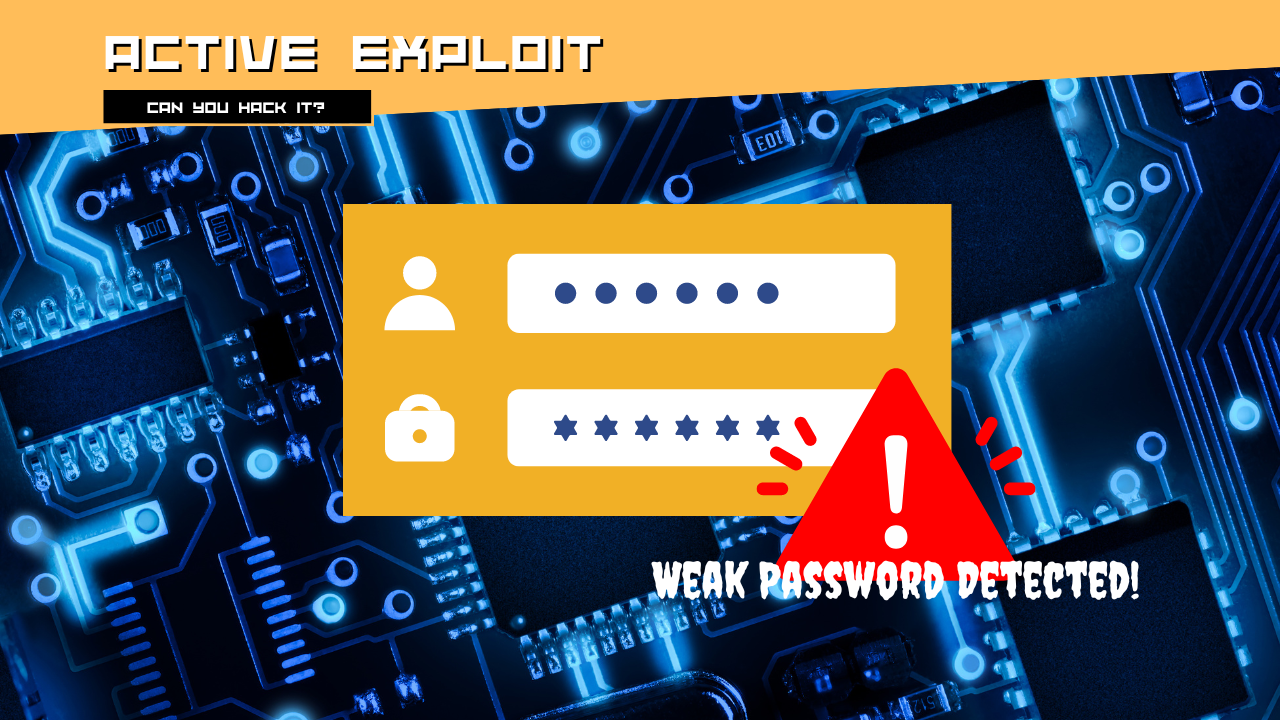Basic security hygiene is very important for all organizations. Strong passwords are a fundamental aspect of cybersecurity, serving as the first line of defense against unauthorized access to your accounts and sensitive information. The importance of strong passwords cannot be overstated, as weak passwords are a primary target for cybercriminals looking to exploit security vulnerabilities. Here are several key reasons why strong passwords are crucial:
1. Protecting Personal Information
Passwords are the gatekeepers to your personal information, including financial data, personal communications, and other sensitive information. A strong password helps ensure that your private information remains confidential and is not accessible to unauthorized users.
2. Preventing Identity Theft
Identity theft occurs when someone uses your personal information without your permission, often to commit fraud or other crimes. Strong passwords make it significantly harder for attackers to gain access to your accounts and steal your identity.
3. Securing Financial Assets
Many people use online banking, shopping, and other financial services that require passwords. A strong password protects your financial assets from being accessed or stolen by cybercriminals, safeguarding your money and financial information.
4. Protecting Work-Related Information
For businesses and organizations, strong passwords are essential for protecting sensitive work-related information, including intellectual property, customer data, and internal communications. A security breach can result in financial loss, legal issues, and damage to reputation.
5. Preventing Unauthorized Access
Weak passwords are easily guessed or cracked, allowing attackers to gain unauthorized access to your accounts. Strong passwords, which are difficult to guess or brute force, provide a robust barrier against unauthorized access attempts.
6. Compliance with Security Policies
Many organizations have security policies that require employees to use strong passwords. Adhering to these policies is not only a best practice but also a requirement to ensure the overall security of the organization’s IT infrastructure.
7. Mitigating the Risk of Automated Attacks
Automated attacks, such as brute force attacks and dictionary attacks, use software to try many password combinations quickly. Strong passwords, which include a mix of uppercase and lowercase letters, numbers, and special characters, are much more resistant to these types of attacks.
Characteristics of a Strong Password
A strong password typically has the following characteristics:
- Length: At least 12-16 characters long.
- Complexity: A combination of uppercase and lowercase letters, numbers, and special characters.
- Unpredictability: Avoidance of easily guessable information such as names, birthdates, or common words.
- Uniqueness: Different from passwords used for other accounts to prevent a single breach from compromising multiple accounts.
Best Practices for Creating and Managing Strong Passwords
- Use a Password Manager: A password manager can generate and store complex passwords, ensuring that you don’t have to remember them all.
- Enable Multi-Factor Authentication (MFA): Adding an extra layer of security by requiring additional verification methods beyond just the password.
- Change Passwords Regularly: Regularly updating your passwords reduces the risk of long-term exposure.
- Avoid Reusing Passwords: Using unique passwords for different accounts prevents a breach in one account from affecting others.
- Be Wary of Phishing Scams: Always verify the source of emails or messages that request your password and never provide it through unsolicited communications.

